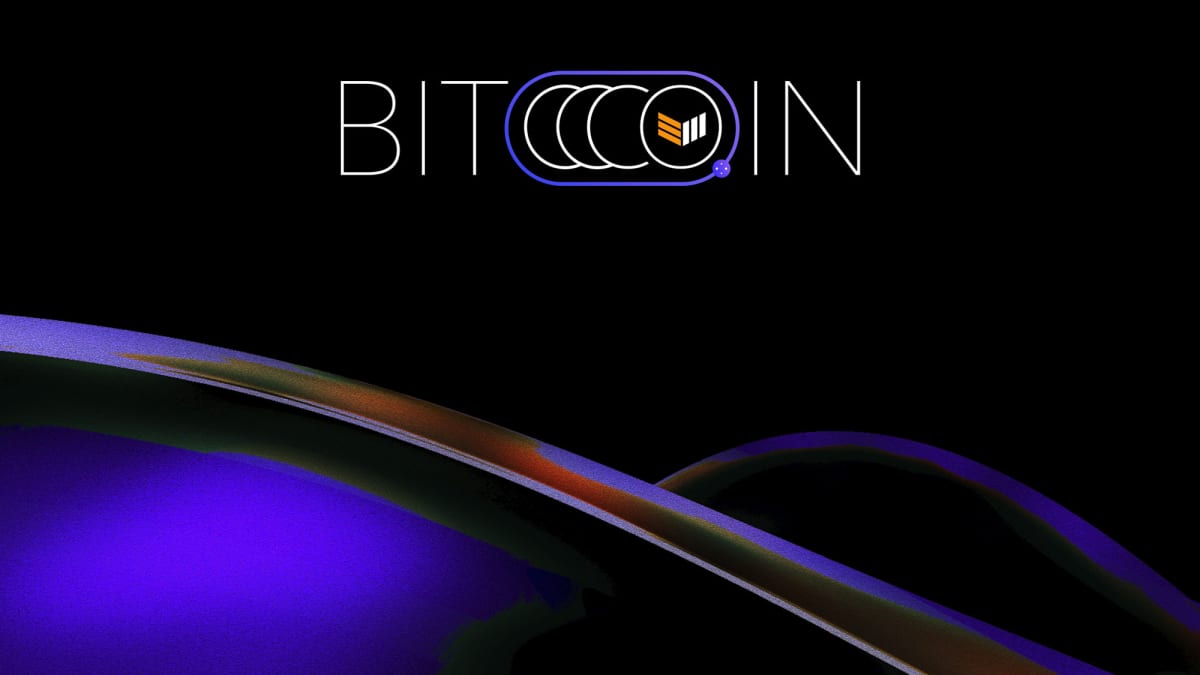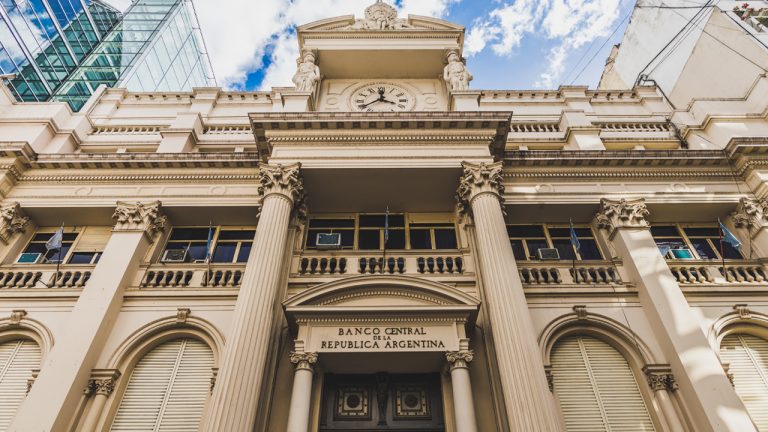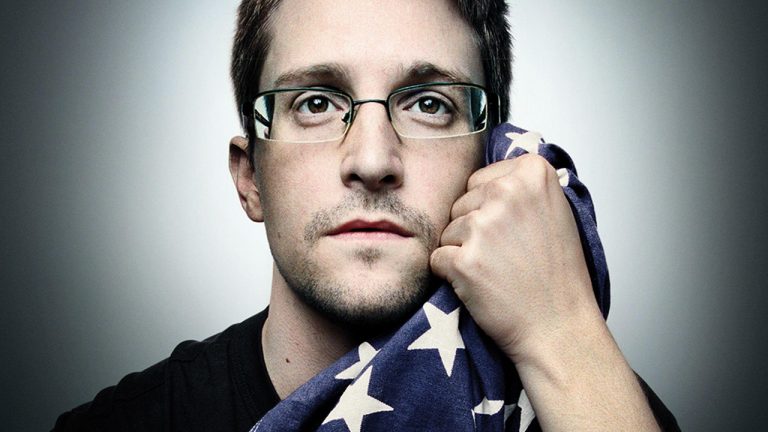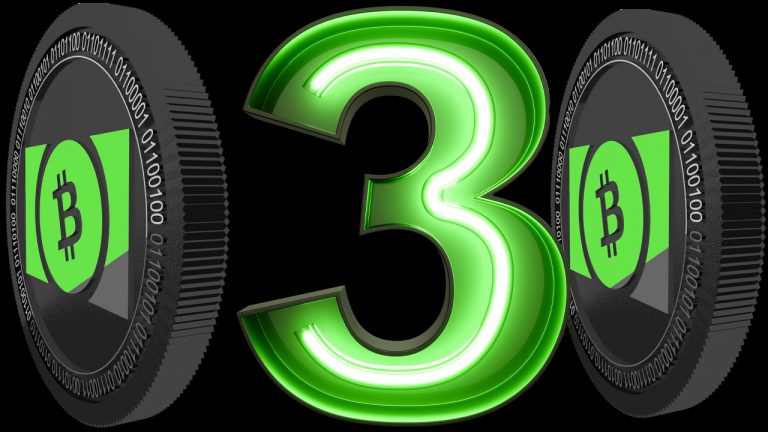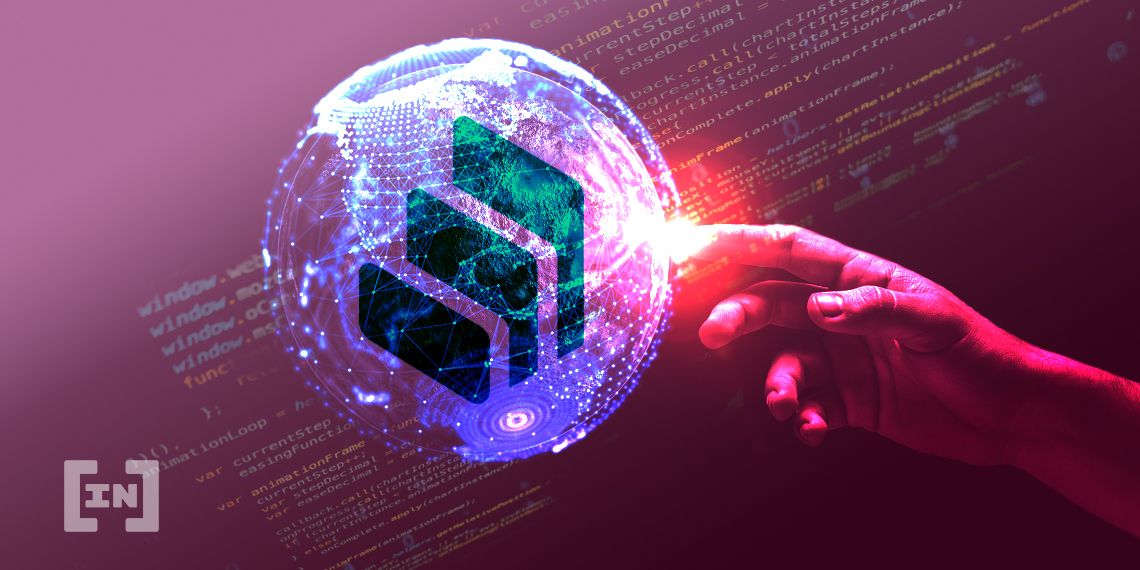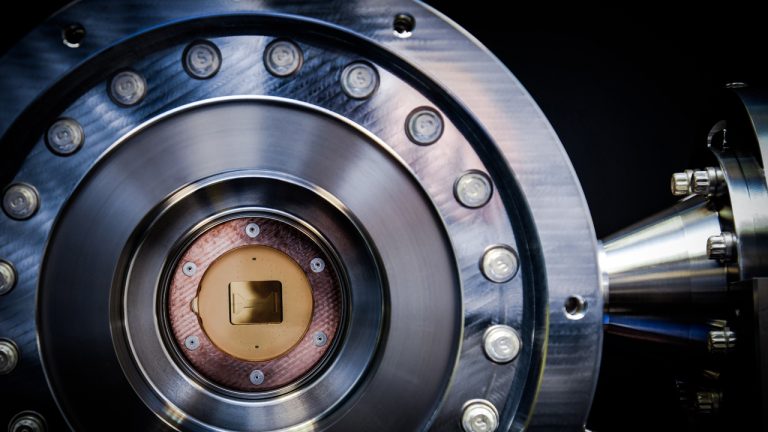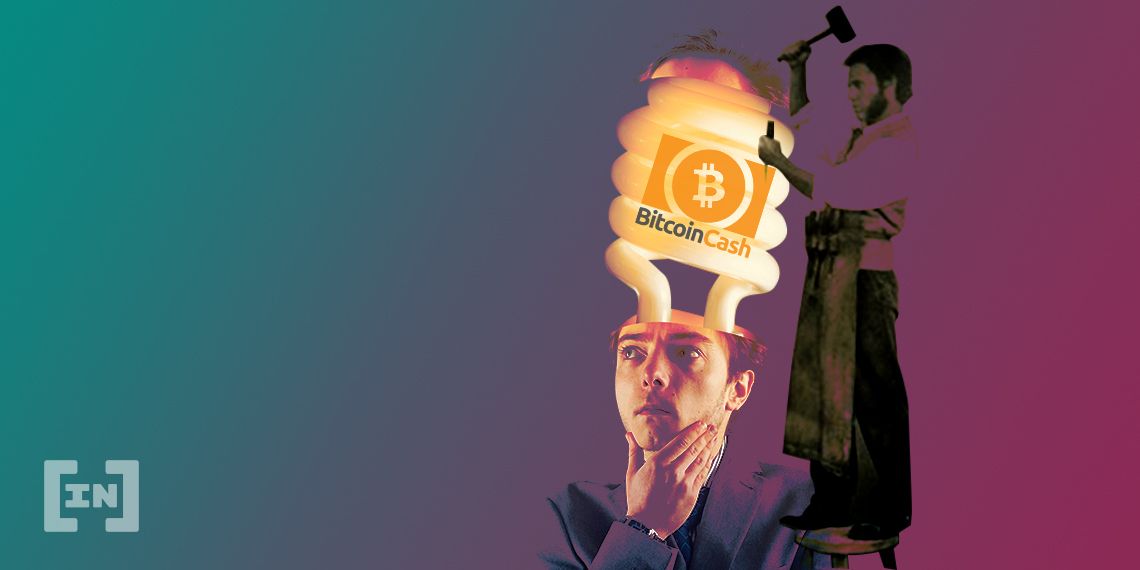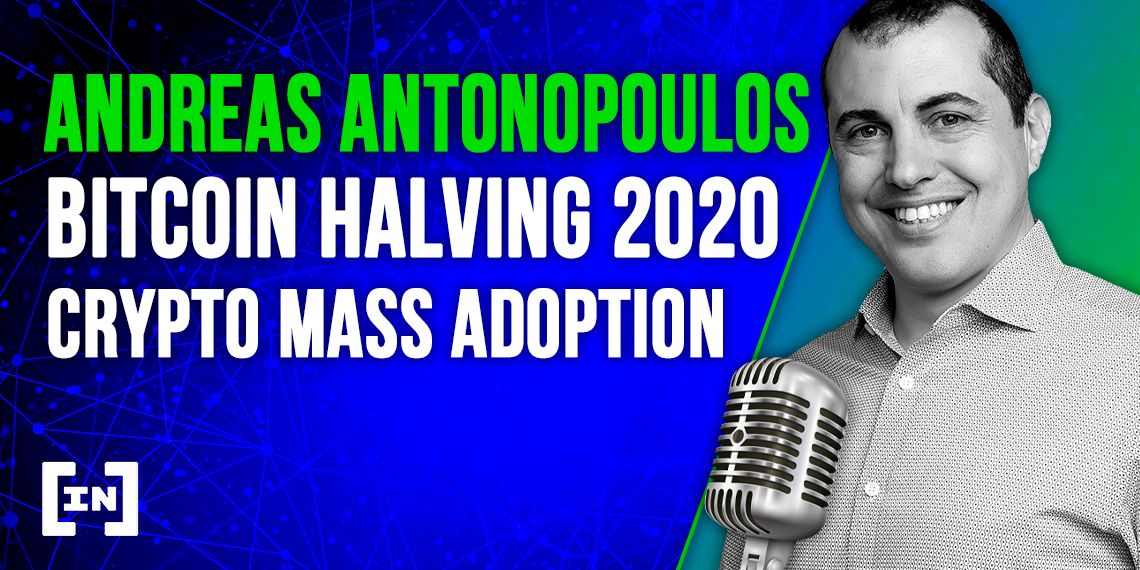
2021-9-1 22:29 |
Greg Foss and Aaron Segal joined "Fed Watch" to discuss the current battle between governments and Bitcoin.
Watch This Episode On YouTube
Listen To This Episode:
BitcoinTVAppleSpotifyGoogleLibsynOvercastHosts: Christian Keroles and Ansel Lindner
Guests: Greg Foss and Aaron Segal
In this special episode of Bitcoin Magazine’s “Fed Watch” podcast, we sat down with two bright minds in the bitcoin space, Greg Foss and Aaron Segal, to discuss the global process and interplay of centralization and decentralization in society. It was a sort of a panel discussion with Keroles guiding our topics.
The Current And Future Battle Between Centralization And DecentralizationSegal opened with introducing five axioms of centralization versus decentralization, which are the subject of an upcoming essay of his: One, the fluctuation between centralization and decentralization is one of the driving forces in history; two, centralization and decentralization can come in many forms; three, decentralization is more stable in the long run; four, technology can be useful in either direction; and five, Bitcoin is a uniquely decentralizing force.
A very interesting point Segal brought up immediately was how the system promotes the buy-in of the people by entangling their assets into it. When you start your career in the U.S., you typically get benefits that include things like 401(k) contributions or even stock options. Most people’s savings, if not directly in the stock market or government retirement plans like social security, are in dollar-denominated investments. This leads to the centralization of the system being more sticky than one would expect based on monetary properties of competing systems, because your savings depend on the continued existence of the current system. Bitcoin is about the only way to unstick that investment and avoid a messy transition.
Chinese Economy And Growing CentralizationThe panel next applied this line of thinking to the situation in China to tease out dynamics there. What followed was one of my favorite discussions in “Fed Watch” history. Foss pointed out the inadequacy of the Chinese capital markets as small and immature. The impact of recent crackdowns by the CCP on stock listings and companies can only be understood in that context.
Segal added that the CCP appears to be shifting the economy toward new industries. My contribution was to anchor this discussion about China into the expanded decentralization debate. Nation-states will confront decentralization pressures, but so will the entire international order. The previous era of international bodies like the World Trade Organization (WTO), UN and World Health Organization (WHO), with significant influence will also be affected by decentralization.
The Way The U.S. Is Handling Bitcoin’s DecentralizationThe conversation then continued by examining the U.S. and the effect of this wave of decentralization on its society. We noted a rise in war-like rhetoric, and how it affects these centralization dynamics, as well as the greater affinity to a rule of law. The increase in U.S. bitcoin mining and the recent proposed infrastructure bill debate speaks to the U.S.’s position on this.
The U.S. is unique in that it opens up many topics. The panelists agreed that the U.S. is a deeper market and one based more in rule of law, so it should handle this pressure toward decentralization better than most other places. Foss and Segal discussed passive investing as a big problem, “passive investing is communism” is a direct quote from Segal. Conversation even turned to new Bitcoin community entrant Jason Lowery, a member of the U.S. Space Force, writing a dissertation on bitcoin mining as a nuclear deterrent.
As you can see, it was a packed episode, this was only a sampling of what was covered. It’s one of my favorites we’ve ever done and a must listen. Thanks to Foss and Segal for joining us. Perhaps, we can continue this topic in another show soon.
origin »Bitcoin price in Telegram @btc_price_every_hour
Bitcoin (BTC) на Currencies.ru
|
|
